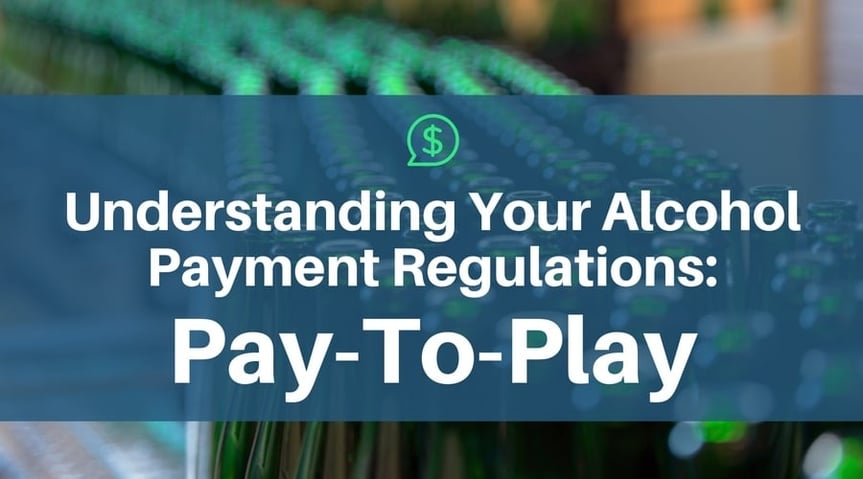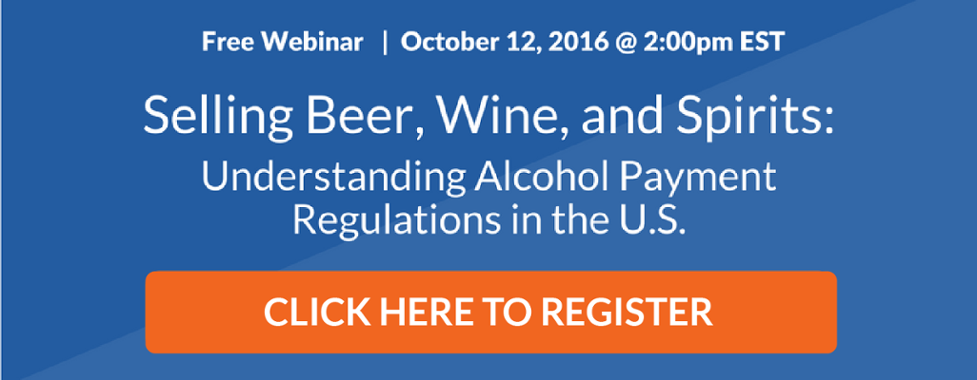The alcohol distribution business is a very competitive market, and it can sometimes lead to dirty tricks in trying to one-up a competitor.
While regulations are strict on alcohol payments in every state, it hasn't stopped some distributors from trying insidious means to provide compensation to establishments. By doing so, they give underhanded payments in exchange for a restaurant or bar to serve the distributor's alcoholic beverages.
 If you think this is playing a dangerous game, you're right. However, you can see what incites it. Many breweries find steeper competition today and many roadblocks to success. Smaller breweries have to go up against the big company names who dominate the industry.
If you think this is playing a dangerous game, you're right. However, you can see what incites it. Many breweries find steeper competition today and many roadblocks to success. Smaller breweries have to go up against the big company names who dominate the industry.
On top of this, they have to face numerous regulations on alcohol distribution. Many in the brewery industry think reform is necessary in order to foster more fair-minded competitiveness in this business.
So what are some alcohol distributors doing to fight against this? A recent payment concept brought a lot of new discussions and trouble to some breweries.
Here's more on understanding alcohol payment regulations: Pay-To-Play.
What Is Pay-to-Play?
This new payment process is when an alcohol distributor imposes financial incentives to establishments so the latter uses the distributor's alcoholic products. When this occurs, it's usually done to exclude competitors from being able to dominate specific markets.
It's an illegal practice under Federal Alcohol and Tobacco Tax and Trade Bureau regulations, as well as under most state laws. Nevertheless, you're starting to see the process used in various states, seemingly out of frustration.
A recent case from Massachusetts created a huge uproar and received considerable media attention this year. One problem with this is despite supposed state and federal investigations, it might not necessarily stop Pay-for-Play from occurring nationwide.
A Look at the Massachusetts Pay-to-Play Scandal
Craft Brewers Guild of Everett in Massachusetts became the center of the storm when investigators found they'd conducted a Pay-to-Play scheme clandestinely for years. Representatives and managers gave local bars and restaurants thousands of dollars to stock the brewery's beers in exchange for freezing out other distributors.
Being near the Boston area (where beer breweries are a major business), this created shock waves in the alcohol industry. What made some bristle further is Craft Brewers Guild only had to pay a fine rather than a 90-day license suspension.
They did this through a letter of compromise, which many other breweries might consider a mere slap on the wrist.
Likewise, the Boston-area bars accepting the bribes from Craft Brewers Guild also face charges for violating Pay-to-Play rules.
Through Massachusetts' Alcoholic Beverages Control Commission, investigations are underway, though many now admit Pay-to-Play violations are likely rampant across the nation.
The question now is what can occur to make this a lesser practice so the alcohol industry doesn't resort to illegal activity to make better profits? It's a little like living in the Prohibition era all over again.
The Push to Get Reform on Pay-To-Play Regulations
With an exposé done already in 2010 on how widespread Pay-to-Play actions are, it's time for breweries to work together to expose this practice to the public. Through partnerships, it can help law enforcement who can't scope out this problem alone.
At the heart of cooperating is proving to competing breweries that an open, competitive marketplace is better for the entire industry. Ultimately, creating better relationships with restaurants and similar establishments helps bring more awareness of the issue.
If you are in the alcohol retail or distribution industry, iControl has a electronic payment platform available to help organize payments between alcohol distributors and retailers in a way that is convenient, secure, and compliant with alcohol regulations in all 50 states.
